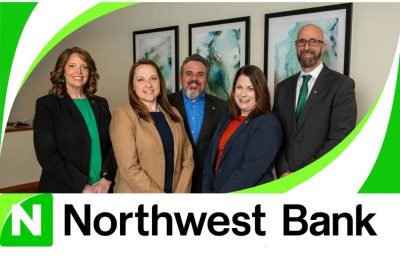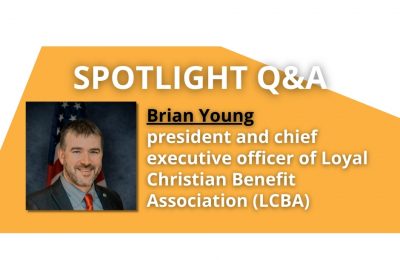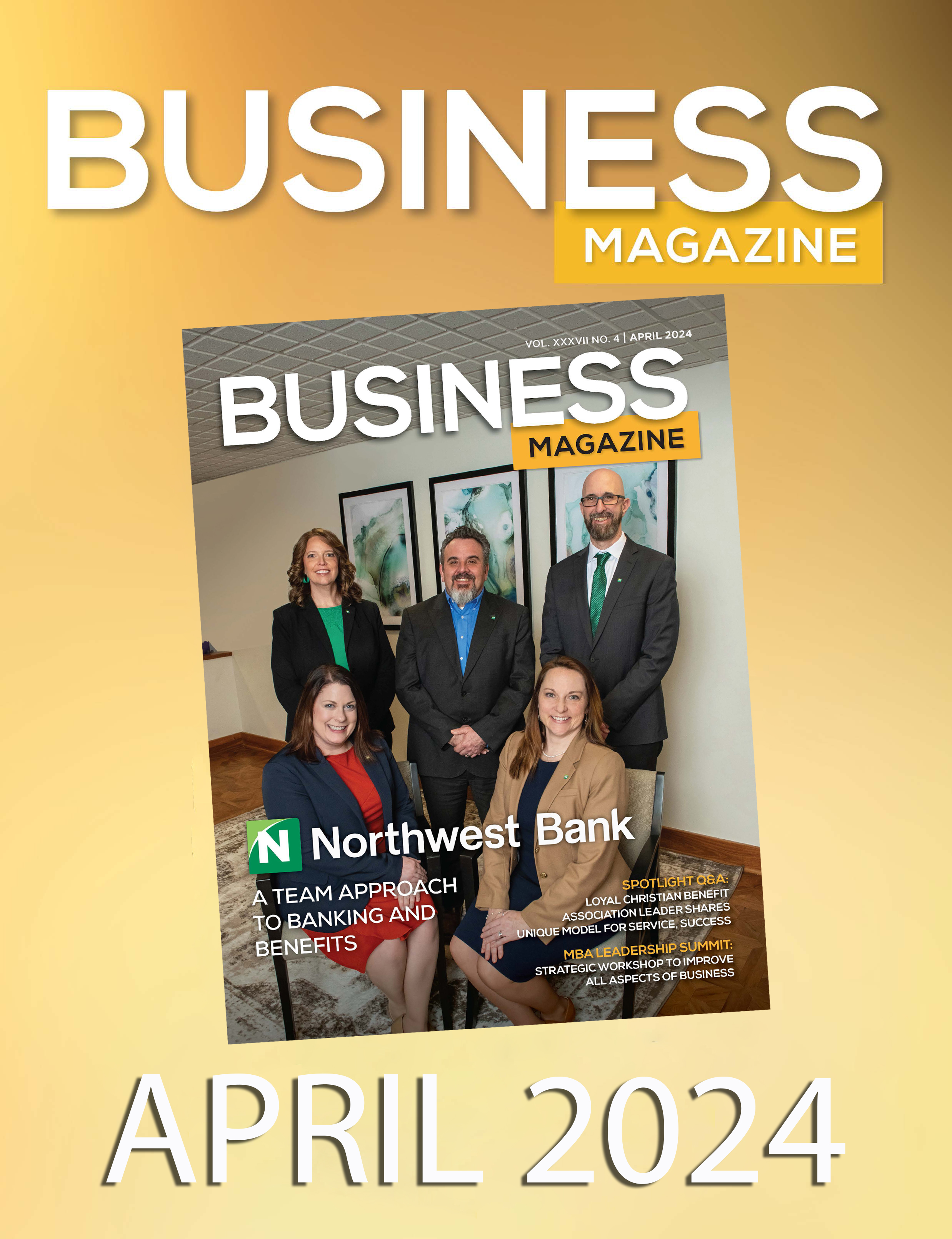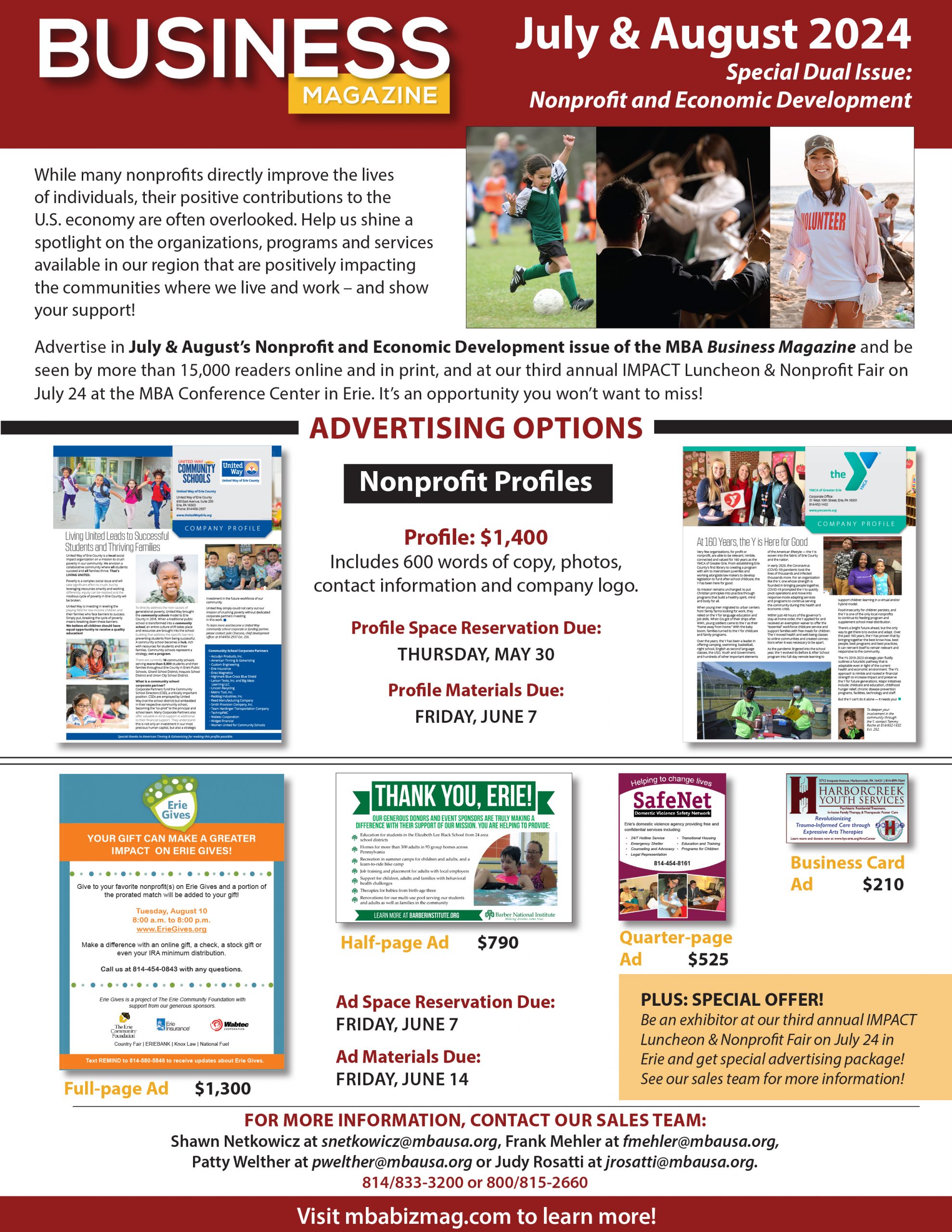Brian Cressman is an associate at MacDonald Illig and a member of the Business Transactions, Labor & Employment, and Education Law Practice Groups.
As COVID-19 continues to spread, to many, the development of new and viable vaccines presents the first glimpse of hope for immunity and getting back to some semblance of normalcy. Many employers share this view — that employee vaccination is a prophylactic measure to get back to normalcy and prevent the risk of future shutdowns, workplace outbreaks and other operational challenges prevalent since the pandemic began. A business should, however, carefully consider the legal issues involved before requiring that its employees get vaccinated.
At time of writing, all currently approved U.S. COVID-19 vaccines are approved by the FDA pursuant to an emergency use authorization (EUA) — a less stringent standard than full FDA approval. Pfizer’s application for FDA approval is pending. Vaccines administered pursuant to an EUA carry with them a series of additional warnings. For example, before being vaccinated, the paperwork a patient receives includes an explanation that the vaccine is being administered under an EUA and that the patient has the “option to accept or refuse” the vaccine.
Notwithstanding the individual disclaimers given to recipients of the EUA COVID-19 vaccines, the Equal Employment Opportunity Commission (EEOC) issued guidance indicating that employers could require employees to be vaccinated, so long as the employer has a process to deal with American with Disabilities Act (ADA) and religious accommodation requests. Under a mandatory policy, such an employee could only be excluded from the workplace for refusing to take a vaccine if the employee posed a direct threat that could not be remedied by a reasonable accommodation absent undue hardship to the employer. Employers must also be careful to avoid disability-related inquiries in the process of addressing employee vaccinations. In order to pass ADA muster, a disability-related inquiry must be job-related and consistent with business necessity.
There are currently several lawsuits ongoing throughout the country rising from the conflict discussed above — where an employer instituted a mandatory vaccination policy as authorized by the EEOC and the workforce has refused to be vaccinated and sued, citing the EUA and due process rights. It remains to be seen how these lawsuits will end up, but it ultimately may vary case by case, dependent on the context of the workplace and facts at hand.
However, in light of the inherent risks in administering a mandatory vaccination policy, not to mention the threat of litigation, it is advisable for many employers to adopt a voluntary vaccination policy and to strongly encourage workforce participation. Federal law restricts the incentives that a business can offer in terms of cash or other remuneration, but employers could give employees time off to obtain vaccines or recover from them. Further, to the extent a business is voluntarily providing Families First Coronavirus Response Act (FFCRA) benefits, the American Rescue Plan Act of 2021 expanded the permissible use of emergency paid sick leave (EPSL) to include obtaining an immunization or recovering from a condition related to an immunization. In other words, through September 30, 2021, if an employer is voluntarily providing FFCRA benefits and provides an employee EPSL to obtain a vaccination or recover from a vaccination, the employer can claim an offsetting tax credit.
This article just touches on the myriad of issues related to workplace vaccinations. Federal guidance is at times conflicting and case law is developing. As we learn more, businesses may adapt, but for now, outside of the healthcare context, most employers should consider encouraging voluntary workforce participation in lieu of mandating COVID-19 vaccinations. However, regardless of whether an employer is encouraging or mandating vaccinations, it should have a policy framework in place as well as an HR and communications plan to address employee questions.
If you have any questions regarding employee vaccinations, contact MacDonald Illig at 814/870-7600.













